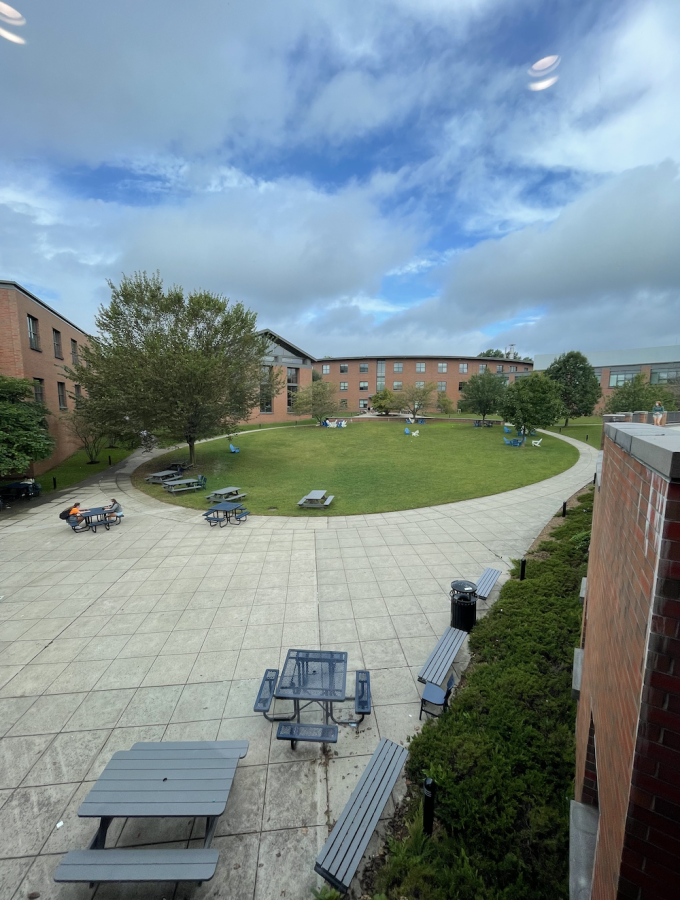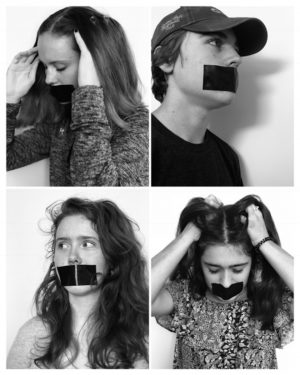Burning up and burning out: a deep dive into academic burnout
How can we know what’s real and what’s fake?
June 10, 2022
Now more than ever, mental health awareness has become extremely important, and not only in Darien. Over the past couple of years, attention towards mental health has been on the rise throughout the world. Mental health has been a struggle with adults and kids alike, but it is frequently found in teenagers. I’ve noticed that the expression “burned out” has become very common now in our society. We all hear it, say it, and maybe think it, but what does burning out really mean? And is it a real problem or just a mere excuse?
A burnout, or in this case an academic burnout, is a form of exhaustion caused by constantly feeling swamped. Burning out is mainly caused as a result of stress and it’s often related to one’s work. An academic burnout is similar to a stress breakdown. Studying all the time, working hard without breaks, and pulling all-nighters over the course of a few months or even years can lead to an academic burnout. While many believe that burnouts aren’t real, they can actually cause real physical and psychological damage. Headaches, insomnia, depression and eating disorders can all stem from a burnout.

Now I consider the question on everyone’s mind: are burnouts serious issues or just an excuse on behalf of laziness? It’s very easy to see both viewpoints. For example, my dad has been working on Wall Street for over 20 years and has never experienced a “burnout” of any sorts. It would be a piece of cake for me or anyone else to miss homework assignments and tell my teachers I was burning out and needed a break, when I really just didn’t feel like doing the work. In using claims of an academic burnout as an excuse, a student could take advantage of their supportive learning environment and not have to suffer the consequences.
But according to the University of The People, burnouts are a very real and serious condition. Research shows that it can affect anyone and everyone. Best Colleges writes that “In 2018, 85% of college students reported feeling overwhelmed, while 50% said they experienced levels of stress that negatively impacted their academic performance” Burnouts are not fake and not uncommon. They can derail even the brightest students and workers. It’s crucial that you know the signs so you can be more aware if a burnout is about to hit you or a friend.

By now, hopefully you understand how significant and dangerous burnouts can be. So how do you know if you’re burnt out or about to be? University of the People reports some common symptoms of an academic burnout are: feeling exhausted no matter how much sleep you get, lack of motivation to attend classes or do homework, lashing out at others, inability to concentrate in school, feelings of anxiety and depression, and an increase in bad habits like nail biting or overeating. This is just to name a few.
The next burning question is, how can I stop or prevent an academic burnout? I think that it’s really important to take breaks when you’re working. You should never be working for over 2 hours straight without taking a break. Second, make time for yourself. Hang out with your friends, go outside and play with your dog, go on a walk, anything that is enjoyable for you will help keep you sane and motivated. Lastly, set goals and keep a balance. Setting realistic goals can help you stay motivated to do your best and stay on track. A work-life balance is essential in having a healthy lifestyle.
Burnouts and mental illnesses correlate with each other perfectly. One can lead to the other and vice versa. With all of this talk at school about mental health and normalizing not being okay, it has become crucial to spot the signs of an emerging burnout or mental illness in not just your friends, but yourself. To create a safer DHS community, everyone has to learn the signs and symptoms that come along with mental illness. While this may sound cliche, we all know from experience that it is true; the person suffering from deadly mental health issues could be sitting right next to you. It’s up to you, and only you, to make a change. You never know, you could be saving a life.









